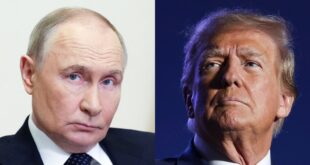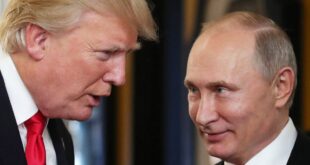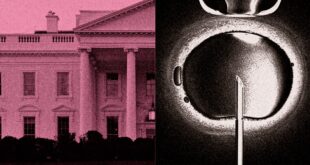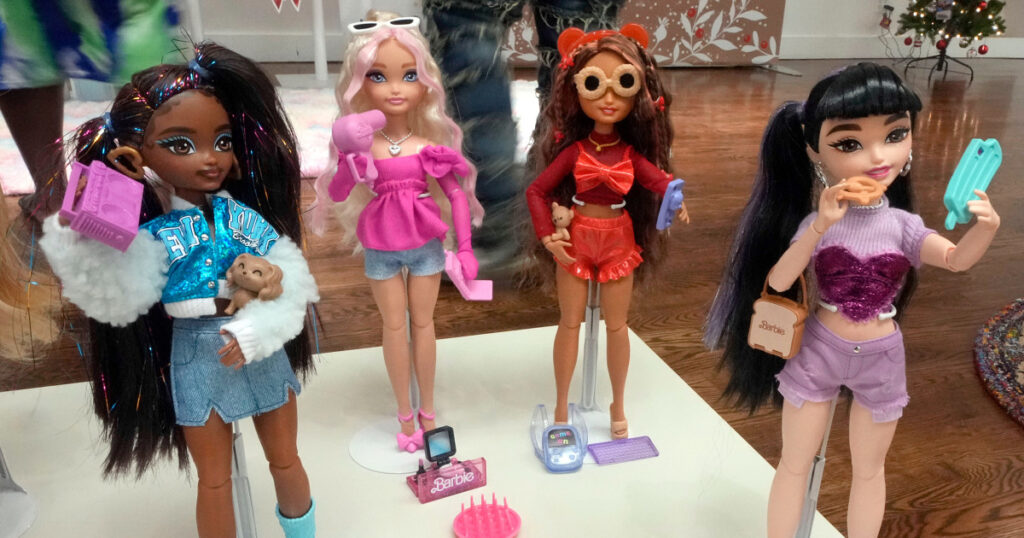
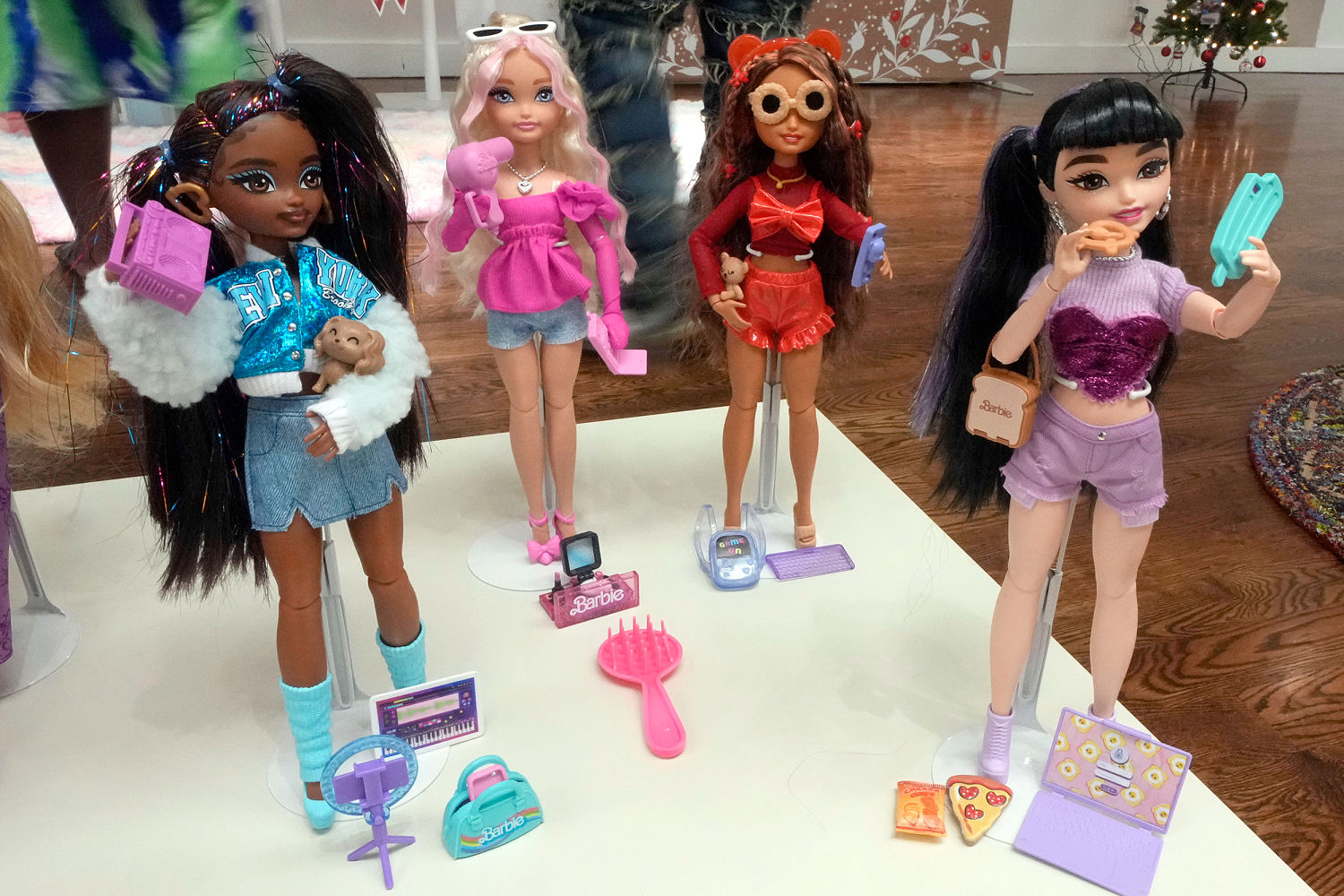
Mattel said it’s considering raising prices on U.S. toy shoppers, a warning that comes one day after President Donald Trump doubled down on comments that American children don’t need more than a handful of dolls.
“Toys are such an essential part of children’s lives,” Mattel CEO Ynon Kreiz told CNBC on Tuesday morning.
While the maker of Barbie dolls and Hot Wheels cars is “committed to the uninterrupted supply of quality products at a wide range of affordable price points,” he said, Trump’s tariffs have put price hikes on the table: “Where necessary, we will be taking pricing action in the U.S.”
Analysts warned there’s a limit to what households will want to pay for dolls, games and matchbox cars after shouldering years of steep cost increases for essential goods.
“Consumers are extremely price-sensitive when it comes to toys,” said Brian Benway, senior tech and gaming analyst at the market research firm Mintel.
Mattel said Monday that it still expects 40% to 50% of its products to cost $20 or less, but warned in its first-quarter earnings report that it’s “operating in an uncertain macro-economic environment with significant volatility, including changes in global trade policy.” As a result, the company held off providing a financial outlook for the year, a step Ford also took Monday.
The toy maker said global sales rose 2% from a year earlier, adding that it expects “not only to manage through this period but strengthen our competitive position.” But its latest warnings of potential price increases, which the company also floated in February, come amid ongoing trade policy turbulence that is drawing growing alarms from corporate c-suites.
Mattel’s stock has fallen more than 18% since April 2, the day Trump unveiled a sweeping set of global tariffs that he partially walked back days later. The erratic tariff rollout — which has featured numerous delays, revisions and surprises, including a new proposal to slap levies on foreign films — comes at a tough time for a toy industry that Trump’s recent remarks have thrust into the spotlight.
“Maybe the children will have two dolls instead of 30 dolls,” Trump said at a Cabinet meeting last week, “and maybe the two dolls will cost a couple of bucks more than they would normally.”
Though he campaigned on providing immediate economic relief, the president and his allies have more recently suggested that Americans may need to endure short-term pain as the administration’s trade policies take hold.
Trump defended his comments about dolls in an interview with NBC News’ Kristen Welker on Sunday. “The tariffs are going to be great for us because it’s going to make us rich,” he said, dismissing concerns of potential product shortages while indicating Americans could see a narrower range of purchases. “I don’t think a beautiful baby girl that’s 11 years old needs to have 30 dolls. I think they can have three dolls or four dolls.”
Toys are among the many consumer purchases that analysts expect tariffs to make more expensive. Nearly 80% of the toys sold in the U.S. are imported from China, the Toy Association estimates. The trade group has said it’s advocating for “0% reciprocal tariffs around the world, to ensure that safe, affordable, and high-quality toys remain accessible to all children,” a goal Kreiz told CNBC that Mattel supports.
Benway noted that more than 40% of Mattel’s products are now sold by big-box retailers known for low prices.
“If you’re talking about a 145% tariff, that’s doubling the cost of a toy at Walmart or Target,” he said, referring to the effective U.S. tariff rate on most Chinese imports. “I don’t know how average consumers are going to react to a $20 toy suddenly being $40 just because someone said so. Probably not great.”
It remains to be seen how much of its tariff-related cost increases, which Mattel expects to start seeing around the holiday shopping period, the company could pass along to customers. Executives also told investors Monday that they were prepared to boost direct imports if retailers reduce their inventories, to ensure that their items remain available to U.S. shoppers.
Mattel estimates less than 20% of its U.S. toy production is based in China, about half the current level for its overall global manufacturing. The company is now “accelerating” efforts to spread production out further, including by expanding in India, so that no single country will comprise more than 25% of its global output by 2027 — when it expects less than 10% to be based in China.
Asked on CNBC on Tuesday whether Mattel could realistically bring more manufacturing back into the U.S. — one of the Trump administration’s top goals with tariffs — Kreiz said, “We don’t see that happening.”
 Latest World Breaking News Online News Portal
Latest World Breaking News Online News Portal


